 Award-winning author’s book includes Zelda and F. Scott Fitzgerald, Dorothy Parker and many more
Award-winning author’s book includes Zelda and F. Scott Fitzgerald, Dorothy Parker and many more
Brunswick, ME – Award-winning author of over ten mysteries and historical novels, Matt Cost is releasing a fast-paced historical mystery, “Velma Gone Awry: A Brooklyn 8 Ballo Mystery” (April 12, 2023, Encircle Publications), which is set in the roaring ‘20s and follows a PI on a surprising, peculiar case to find the flapper daughter of a wealthy businessman.
Matt Cost brings us back to Brooklyn in the roaring 20’s and introduces us to Hungarian PI, 8 Ballo. The search to find Fritz Hartmann’s daughter will lead him to cross paths with Dorothy Parker, Zelda and F. Scott Fitzgerald, Coleman Hawkins, Bugsy Siegel, Babe Ruth, and many more. As the 8th child in his family, Ballo’s mother simply named him 8. Now in his mid-thirties, the jilted, college-educated, Great War veteran has his own private investigator business and is on a jarring journey to discover why Velma has gone awry.
Matt Cost is an award-winning author and also a runner up in the RONE and a finalist in the Silver Falchion. He owned a mystery bookstore and was a history major at Trinity College. After reading Cost’s work, Grace J. Reviewerlady said, “a fine cast of characters and always a sprinkling of humor… engrossed from the very beginning until the final word. Thrilling and exciting, this one comes highly recommended and easily earns all five glowing stars, and InD’tale Magazine said, “…twists and turns and added thrilling lures will ensnare readers and keep the pages turning!” of the Clay Wolfe/Port Essex series.
“Velma Gone Awry”
April 12, 2023 | Encircle Publications | Mystery / Historical Fiction
Hardcover | 978-1-64599-418-3 | $27.99
Paperback | 978-1-64599-417-6 | $17.99
Ebook | 978-1-64599-419-0 | $6.99
Praise for Matt Cost:
“Meet Detective 8 Ballo…. he’ll find a mountain of trouble, make plenty of enemies, and meet all the big names in town, from Dorothy Parker to Babe Ruth to Bugsy Siegel. Before you’re done, you’ll find a mountain of entertainment, a book filled with action, suspense, plot twists, and a sense that you’re actually living back there in the fantastic world that author Matt Cost brings so vividly to life. Velma may have gone awry. But don’t let her get away. Read the book.” – William Martin, New York Times Bestselling Author of Back Bay and December ’41
“Clay Wolfe and crew are back with another round of hijinks, thanks to author Matt Cost. I have liked this series because of the shenanigans, the budding romance, the action sequences, the sexy scenes, and the fun, ridiculous narratives.” – The Traveling Cloak Reviews
“Clay Wolfe, the nattily-dressed, roguishly-charming, ex-Boston-homicide-cop-turned-PI, is unfurling – expanding his reach (both emotionally and professionally) into thornier, darker and more challenging arenas – a fascinating budding shift for this already top-notch PI crime series.” – Terri at BooklyMatters
“The reader is hooked into the story from the first page with the possibly innocuous, yet nonetheless, chilling words “Sometimes bad genes need to be stamped out and good ones need to be fostered. There’s really no difference between mice and human beings when it comes to genes.” – I Read What You Write: Book Bites
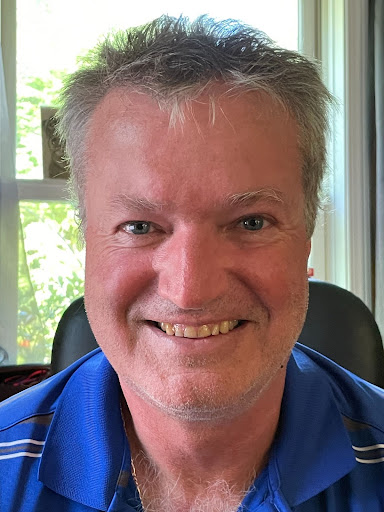 MATT COST writes the Mainely Mystery and the Clay Wolfe/Port Essex Mystery Series. He’s also written several books of historical fiction. This is his first jaunt in combining his two loves of histories and mysteries into a historical PI mystery. Cost was a history major at Trinity College. He owned a mystery bookstore, a video store, and a gym, before serving a ten-year sentence as a junior high school teacher. In 2014 he was released and began writing. And that’s what he does. He writes histories and mysteries. Cost now lives in Brunswick, Maine, with his wife, Harper. There are four grown children: Brittany, Pearson, Miranda, and Ryan. A chocolate Lab and a basset hound round out the mix. He now spends his days at the computer, writing. Find out more about him at https://mattcost.net.
MATT COST writes the Mainely Mystery and the Clay Wolfe/Port Essex Mystery Series. He’s also written several books of historical fiction. This is his first jaunt in combining his two loves of histories and mysteries into a historical PI mystery. Cost was a history major at Trinity College. He owned a mystery bookstore, a video store, and a gym, before serving a ten-year sentence as a junior high school teacher. In 2014 he was released and began writing. And that’s what he does. He writes histories and mysteries. Cost now lives in Brunswick, Maine, with his wife, Harper. There are four grown children: Brittany, Pearson, Miranda, and Ryan. A chocolate Lab and a basset hound round out the mix. He now spends his days at the computer, writing. Find out more about him at https://mattcost.net.
Follow Matt Cost on social media:
Facebook: @MattCost8 | Twitter: @MattCost8
Instagram: @mlangdoncost | TikTok: @MattCost8
In an interview, Matt Cost can discuss:
- The process of researching and writing historical mysteries, and the fun in bringing infamous literary characters to life
- How he manages to write three new books a year in three different series
- Being a seasoned, award-winning author in the world of mystery books
- Owning a mystery bookstore, inspirational anecdotes, and what the book industry looks like as a bookstore owner versus an author
- What exactly a Ballo is, interesting facts of them and the history behind them
- His evolution as a writer of histories and mysteries and the blending of these two genres
- The importance of a strong writing community, the support of important people, and the backing of an involved publisher
- The importance of setting as a character in the plot of the novel
An Interview with Matt Cost
What does the writing process and research process look like for a book set in the roaring ‘20s, and how did you decide which famous literary characters to include?
As I delved into the research of the Roaring ‘20s I became increasingly excited about all that was going on, Prohibition, speakeasies, jazz, baseball, gangsters, and so much more. I read books about all these things, visited historical sites in Brooklyn, and got lost in internet research for days at a time. I wanted to include a sprinkling of the many legendary people of the time and had a hard time tamping the numbers down. In the end, Dorothy Parker emerged as a major character, but there were cameo appearances by Coleman Hawkins, F. Scott and Zelda Fitzgerald, and Babe Ruth to name just a few
What was it like owning a mystery bookstore? What are some fun, behind the scene stories from that time, or lessons learned that contributed to your storytelling?
I opened The Coffee Dog Mystery Bookstore in Brunswick, Maine, in 1994. It was named after my chocolate Lab at the time, making him, and the place, the two non-fictional pieces to the mystery novels that would follow in the Mainely Mystery series. The UPS man would always bring treats for the Coffee Dog, so that one day when this friendly canine saw a UPS truck at the top of Maine Street, he ran it down and boarded a different driver’s truck, a young man who was quite surprised. Interacting with customers about fabled mystery writers such as Elmore Leonard, Carl Hiaasen, and Robert Parker was fabulous and cemented the groundwork for my future mystery writing.
What exactly is a Ballo? What are some interesting facts and history about them?
The Ballo family emigrated from Hungary to America in the 19th century, at which pointed the A at the end of their name was mistakenly changed to an O on the paperwork. 8 Ballo was the eighth child born in America in 1888, and his mother was certain that he was going to be a girl to even the scales at four and four. When it turned out he was a boy, and Dad was out to sea, she merely wrote the number 8 on the birth record, meaning to change this at a later date, but never did. Dad was a hardworking man who left his seafaring job to be at home working in a German beer brewery in Bushwick and Mom raised the eight children with love and kindness.
How do you decide which of your characters lives or dies? Is it hard killing off characters?
Killing characters’ in my books is a very sensitive topic. Readers don’t seem to mind when you kill the baddies off, but the slaying of a likable character can lead to outrage, but an occurrence that I believe whole-heartedly as necessary to raise the stakes, so that the reader isn’t able to coast along knowing that everything is going to work out, and only the bad will die and the good will live. Many times, in my writing, I’ve gotten to that pivotal point where a person of the pages life hangs in the balance, not yet knowing their fate, and then moving forward with or without them.
Is there anything else in the works for PI 8 Ballo?
The second book in the Brooklyn 8 Ballo series, City Gone Askew, is well underway, and is looking at a publication date of April 2024. 8 Ballo is hired to investigate a murder and the theft of an Aquila, a golden Roman Eagle Standard from the first century, which proves to be only the tip of the iceberg of this scintillating mystery. Joining 8 are his close friends Pearle, McGee, Marty, as well as Dorothy Parker, Coleman Hawkins, and other legendary newcomers to the pages.

A former award-winning journalist with national exposure, Marissa now oversees the day-to-day operation of the Books Forward author branding and book marketing firm, along with our indie publishing support sister company Books Fluent.
Born and bred in Louisiana, currently living in New Orleans, she has lived and developed a strong base for our company and authors in Chicago and Nashville. Her journalism work has appeared in USA Today, National Geographic and other major publications. She is now interviewed by media on best practices for book marketing.
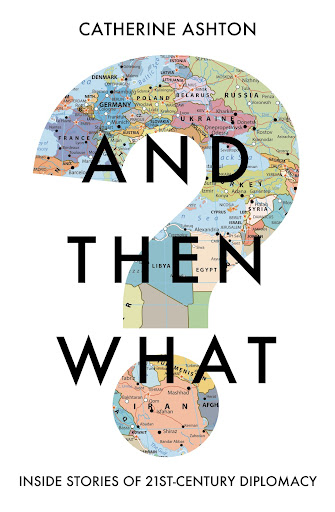 LONDON – So much of modern-day diplomacy still takes place behind closed doors, away from cameras and prying eyes. But what does this vital role really look like in today’s world?
LONDON – So much of modern-day diplomacy still takes place behind closed doors, away from cameras and prying eyes. But what does this vital role really look like in today’s world?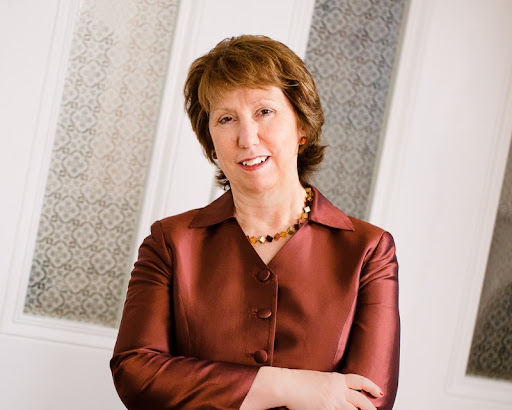 Catherine Ashton served as the European Union’s first High Representative for Foreign Affairs and Security Policy from 2009 to 2014, and the first female EU Commissioner for Trade. She is a life peer and former Leader of the House of Lords, and served as a UK government minister in the Education and Justice departments. She is a Distinguished Scholar at the Woodrow Wilson International Center for Scholars in Washington DC and a consultant to the Geneva-based Centre for Humanitarian Dialogue.
Catherine Ashton served as the European Union’s first High Representative for Foreign Affairs and Security Policy from 2009 to 2014, and the first female EU Commissioner for Trade. She is a life peer and former Leader of the House of Lords, and served as a UK government minister in the Education and Justice departments. She is a Distinguished Scholar at the Woodrow Wilson International Center for Scholars in Washington DC and a consultant to the Geneva-based Centre for Humanitarian Dialogue.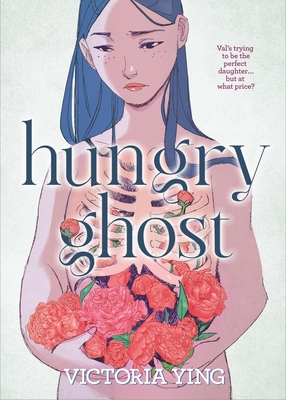 Pasadena, CA – Disney and DC artist and author Victoria Ying pulls at readers’ heartstrings and explores her past in the poignant YA graphic novel, “Hungry Ghost” (April 25, 2023, Macmillan/First Second). Ying has seen tremendous success with many of her works, including DC’s “Diana Princess of the Amazons,” and fans will rejoice in the new story and its moving imagery.
Pasadena, CA – Disney and DC artist and author Victoria Ying pulls at readers’ heartstrings and explores her past in the poignant YA graphic novel, “Hungry Ghost” (April 25, 2023, Macmillan/First Second). Ying has seen tremendous success with many of her works, including DC’s “Diana Princess of the Amazons,” and fans will rejoice in the new story and its moving imagery.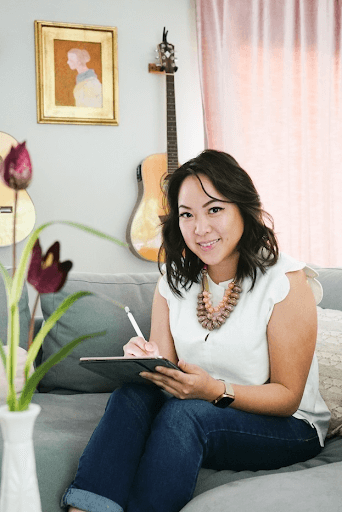 Victoria Ying is a critically acclaimed author and artist living in Los Angeles. She started her career in the arts by falling in love with comic books, this eventually turned into a career working in animation and graphic novels. She loves Japanese Curry, putting things in her shopping cart online and taking them out again and hanging out with her husband and furry friends. Her film credits include Tangled, Wreck it Ralph, Frozen, Paperman, Big Hero 6, and Moana. She is the illustrator on DC’s “Diana Princess of the Amazons” and the author and illustrator of “City of Secrets,” and the sequel “City of Illusion” in stores everywhere! Her upcoming graphic novel projects include the sequel to “Diana Princess of the Amazons” and a YA debut, “Hungry Ghost.” Find out more about her at
Victoria Ying is a critically acclaimed author and artist living in Los Angeles. She started her career in the arts by falling in love with comic books, this eventually turned into a career working in animation and graphic novels. She loves Japanese Curry, putting things in her shopping cart online and taking them out again and hanging out with her husband and furry friends. Her film credits include Tangled, Wreck it Ralph, Frozen, Paperman, Big Hero 6, and Moana. She is the illustrator on DC’s “Diana Princess of the Amazons” and the author and illustrator of “City of Secrets,” and the sequel “City of Illusion” in stores everywhere! Her upcoming graphic novel projects include the sequel to “Diana Princess of the Amazons” and a YA debut, “Hungry Ghost.” Find out more about her at 
 What’s your favorite area of your bookstore?
What’s your favorite area of your bookstore?
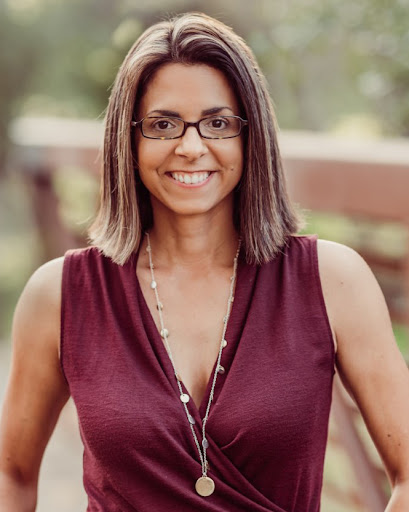 DAWN DAIS is a freelance writer and designer. Her previous books, including “The Sh!t No One Tells You,” “The Sh!t No One Tells You About Pregnancy,” “The Sh!t No One Tells You About Toddlers,” “The Sh!t No One Tells You About Baby #2” and “The Nonrunner’s Marathon Guide for Women” were published by Seal Press, have topped Amazon.com bestseller lists, and have been featured by countless TV and print media sources. Her uniquely sarcastic yet inspiring tone has entertained and guided an enthusiastic core of readers toward their various ridiculous parenting and athletic goals. Dawn’s most recent book, “The Sh!t No One Tells You About Divorce” will be released in 2023.
DAWN DAIS is a freelance writer and designer. Her previous books, including “The Sh!t No One Tells You,” “The Sh!t No One Tells You About Pregnancy,” “The Sh!t No One Tells You About Toddlers,” “The Sh!t No One Tells You About Baby #2” and “The Nonrunner’s Marathon Guide for Women” were published by Seal Press, have topped Amazon.com bestseller lists, and have been featured by countless TV and print media sources. Her uniquely sarcastic yet inspiring tone has entertained and guided an enthusiastic core of readers toward their various ridiculous parenting and athletic goals. Dawn’s most recent book, “The Sh!t No One Tells You About Divorce” will be released in 2023.


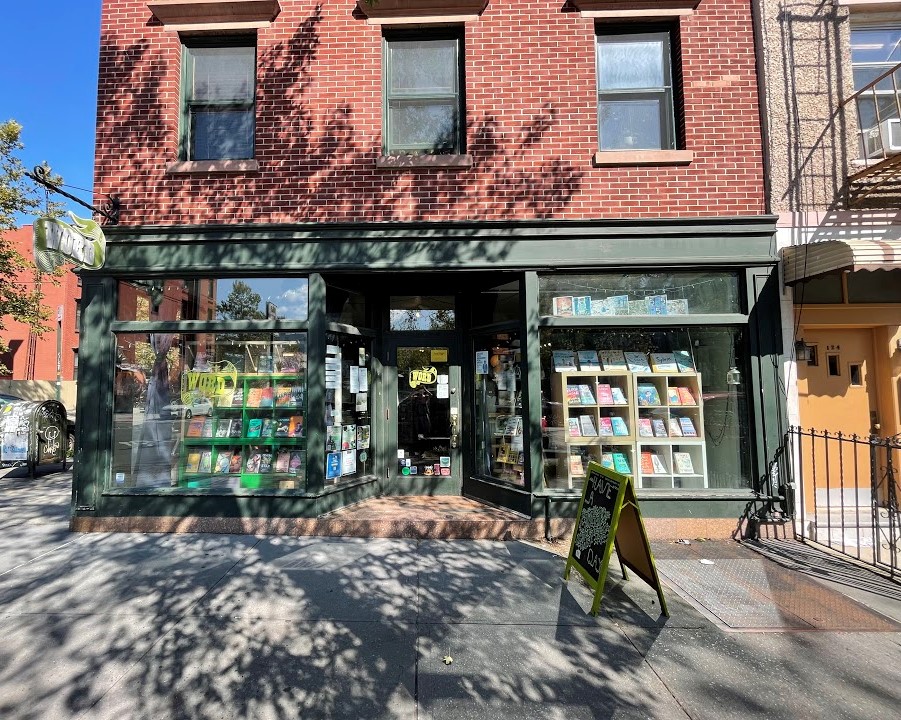 What’s your favorite area of your bookstore?
What’s your favorite area of your bookstore? Do you have a strange customer story?
Do you have a strange customer story? “A taut globe-trotting thriller .. told with eloquence and ruthless efficiency.”
“A taut globe-trotting thriller .. told with eloquence and ruthless efficiency.”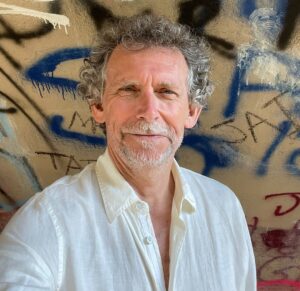
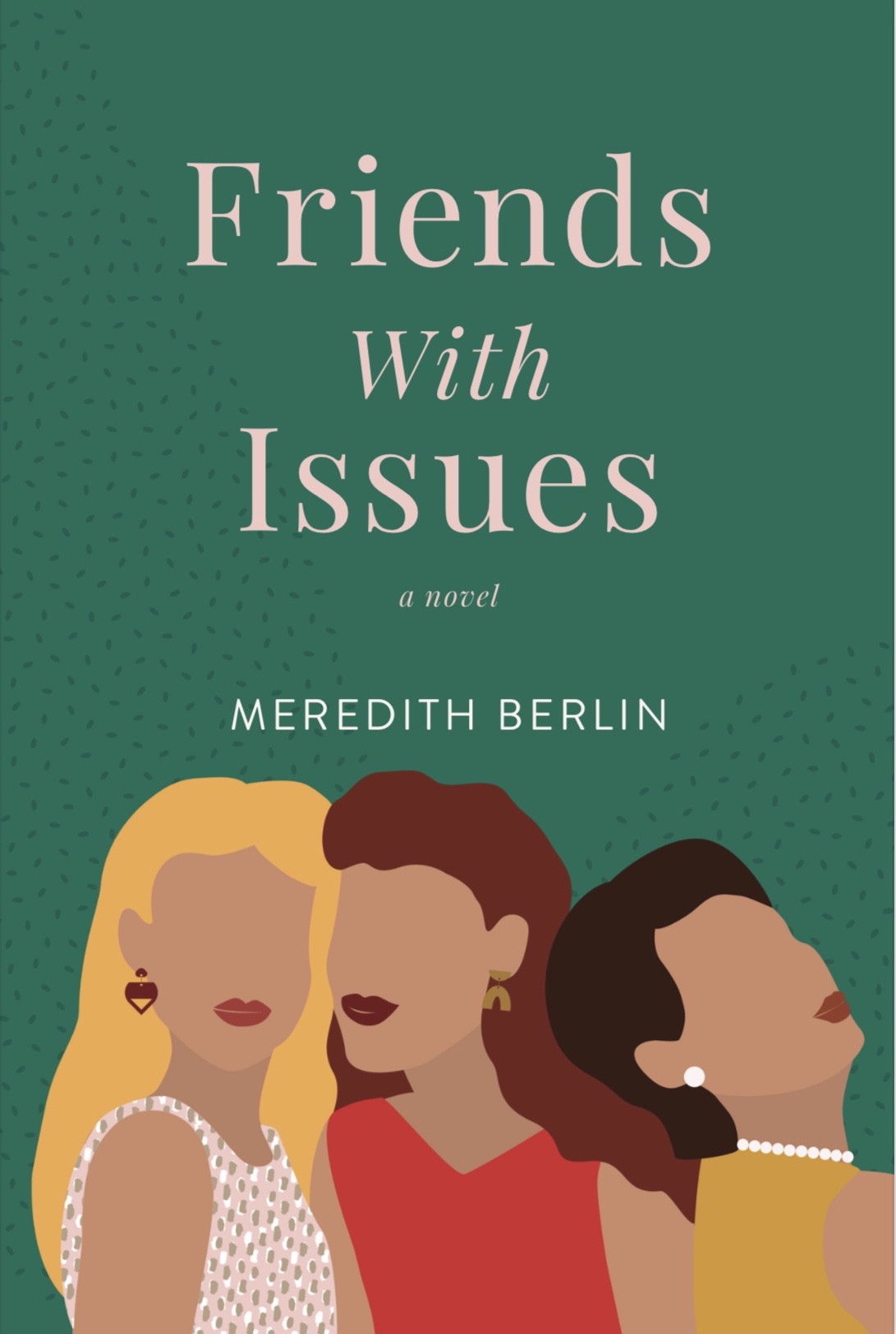 Fans of author Taylor Jenkins Reid will enjoy story of self-made women gambling with love, sex and careers
Fans of author Taylor Jenkins Reid will enjoy story of self-made women gambling with love, sex and careers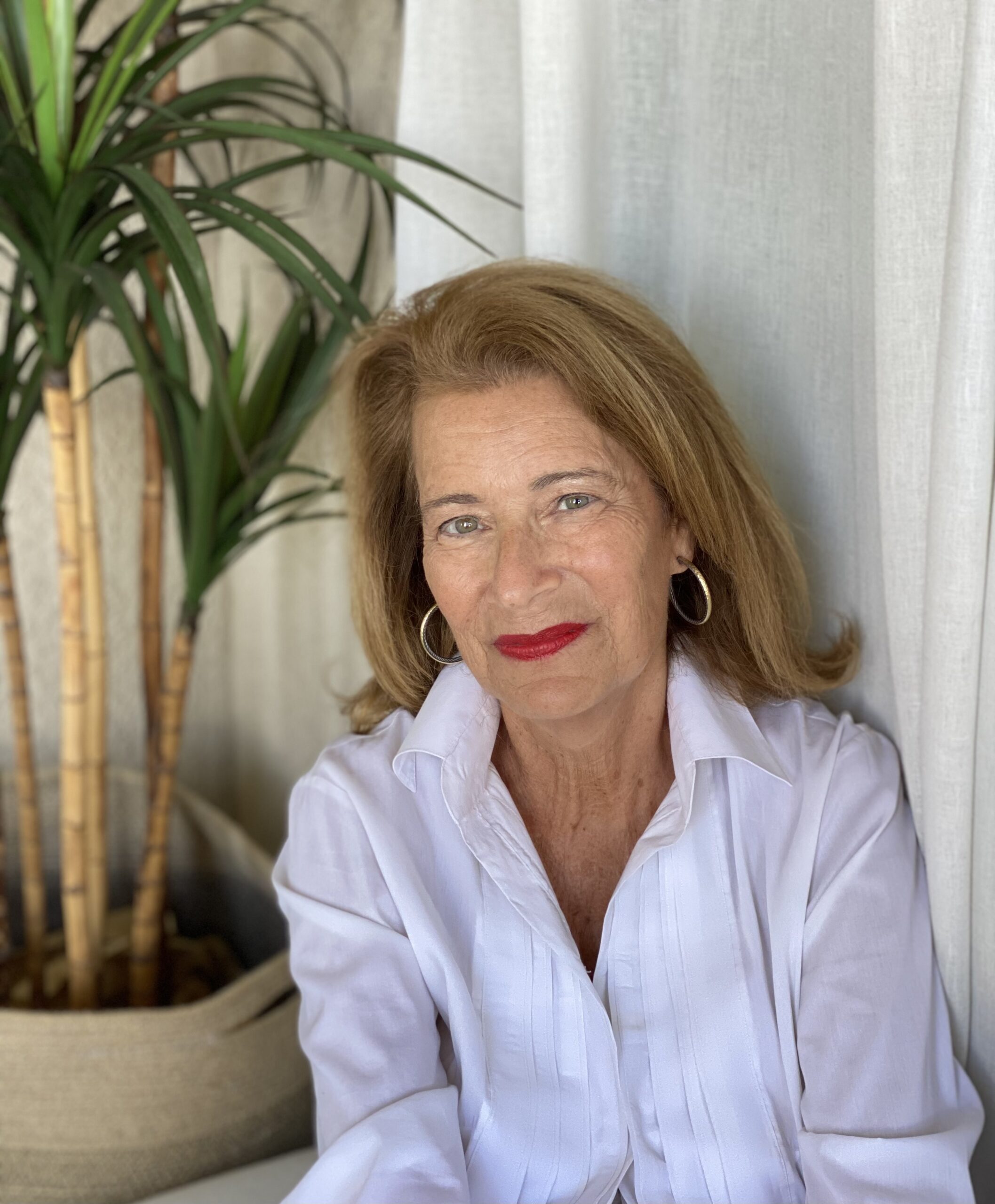
 WASHINGTON, D.C. – Jackie. One name was all you needed. A paragon of femininity, fashion, American wifeliness and motherhood, she was also fiercely independent, the first modern First Lady.
WASHINGTON, D.C. – Jackie. One name was all you needed. A paragon of femininity, fashion, American wifeliness and motherhood, she was also fiercely independent, the first modern First Lady.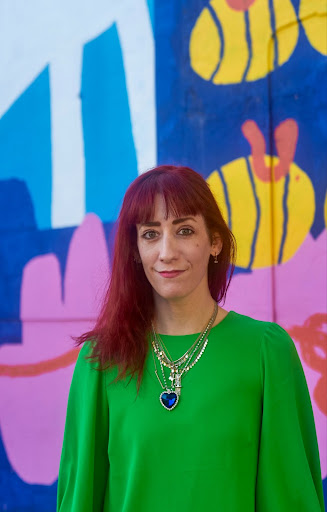
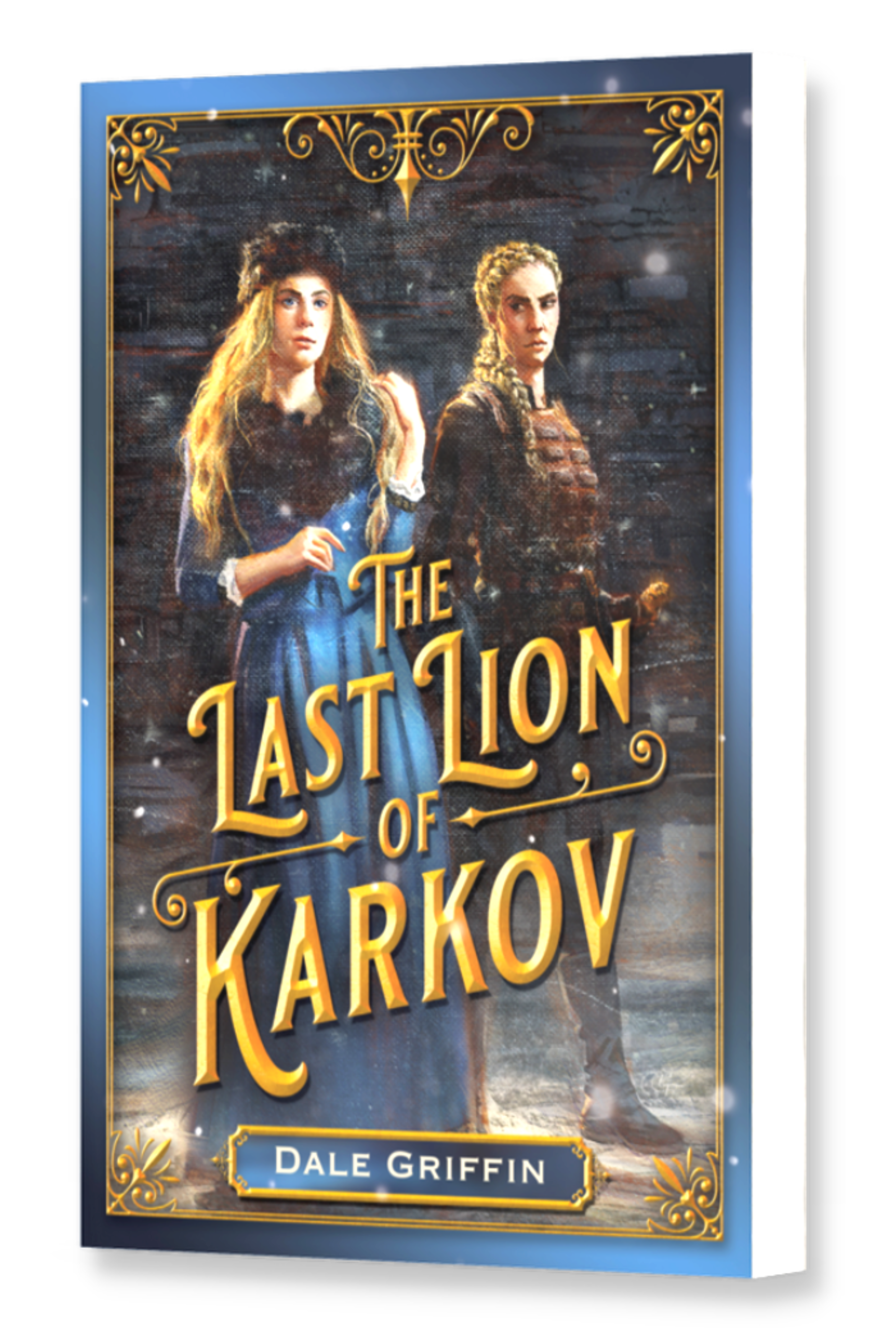 Politics, revolutions and sisterhood in European-inspired historical debut
Politics, revolutions and sisterhood in European-inspired historical debut
